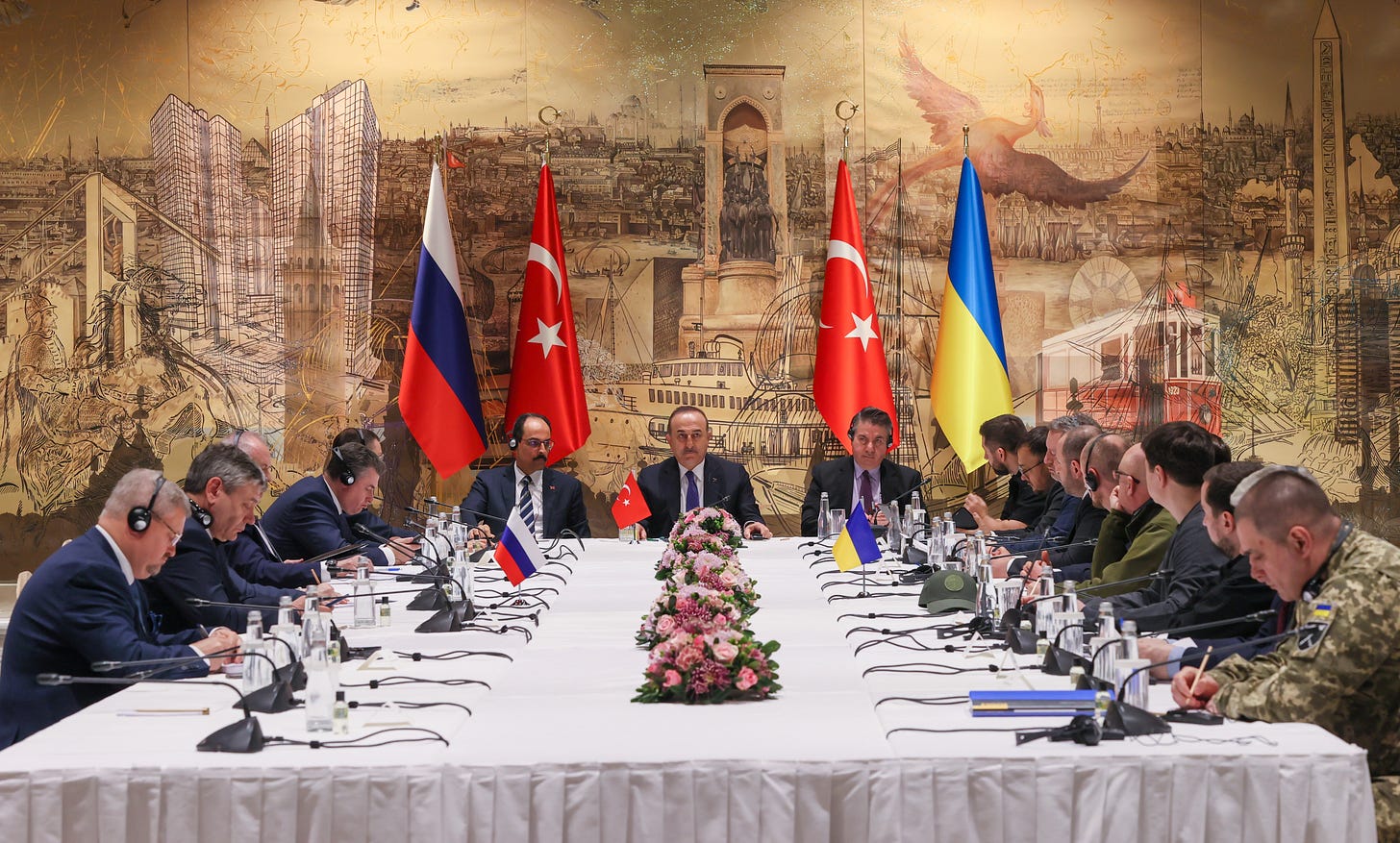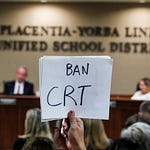
Mounting evidence of Russian war crimes in Ukraine continue to emerge even as negotiations between Russia and Ukraine are underway in Turkey. As the Atlantic Council reports on Friday:
Ukraine’s resistance to Russia’s invasion has seemingly altered Russia’s war goals, creating space for diplomatic negotiations to advance. That was on display as negotiating teams from both countries huddled in Istanbul on March 29 for talks which, by all indications, were the most productive so far, and the two sides appeared closer to ending the war than before.
The evidence of war crimes, coupled with increasing calls for Russian Vladimir Putin and other senior Russian leaders to stand trial, highlights the difficulty in reconciling the tension between conflicting imperatives. The demand for justice will have to be balanced by the urgency of bringing the war to an end as quickly as possible. Ukraine and the broader coalition of countries arrayed against the Russian invasion will need to sort out their priorities.
To discuss possible paths to peace and the larger prospects for a post-war settlement, I spoke with Stephen Wertheim, Senior Fellow at the Carnegie Endowment for International Peace. Wertheim, who is also a Visiting Faculty Fellow at the Center for Global Legal Challenges at Yale Law School, brought a sober, realist perspective to this discussion.
Coming Attractions
My household is currently bedevilled with Covid. Fortunately, all cases are mild so far.
In the meantime, I’ve already recorded some podcasts that will air in the coming week. Look forward to Eric Levitz talking about Compact magazine’s attempt to fuse social democracy with traditionalism, Jacob Bacharach on the financial troubles of a neo-conservative flagship journal, and John Ganz on the fear of Critical Race Theory.
(Post edited by Emily M. Keeler)
Share and Subscribe
If you liked this post, please share:
Or subscribe:













Share this post